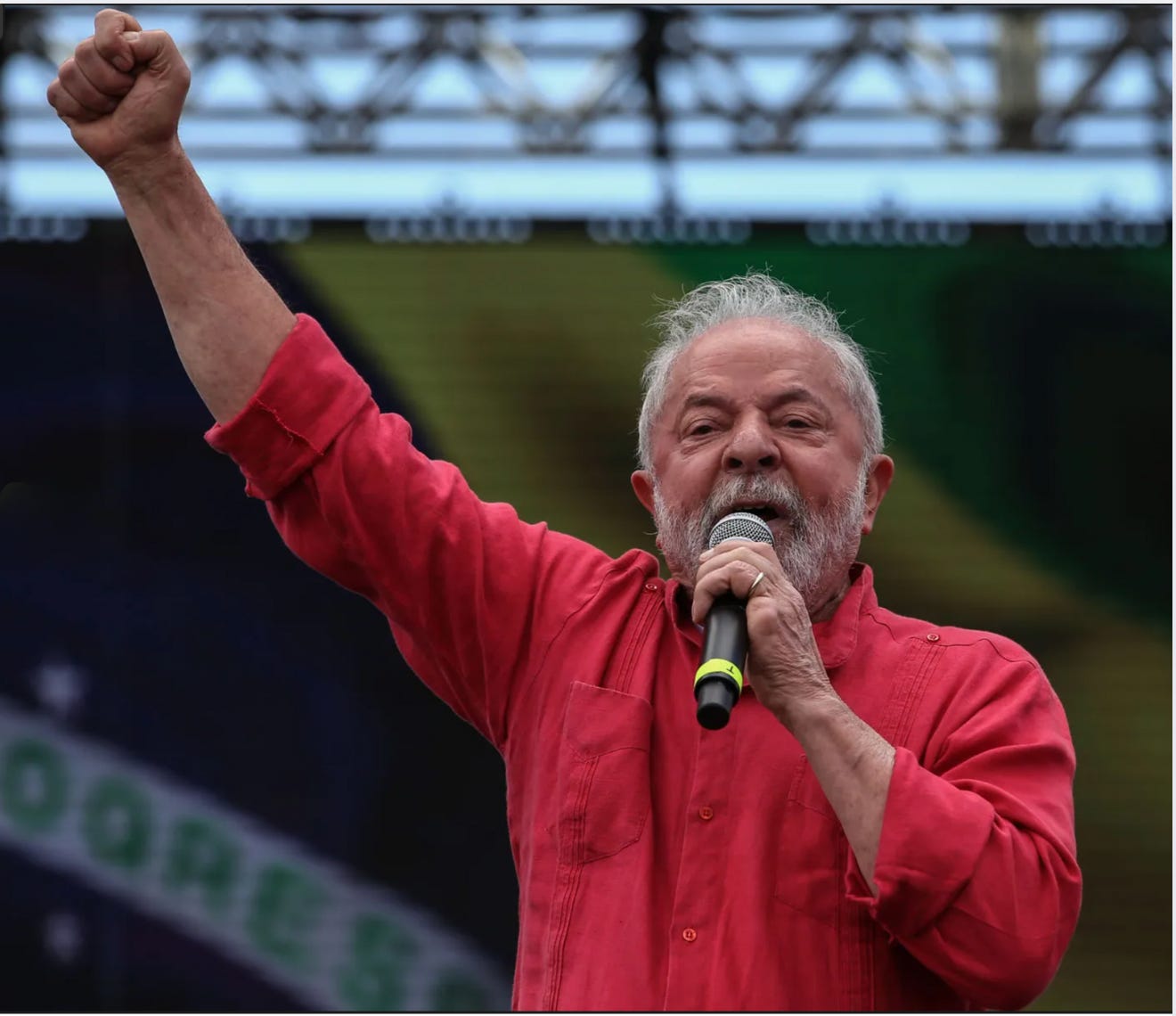Global Profile: Luiz Inácio Lula da Silva
Brazil’s Relational Populist Who Challenges the Global Order
The BRICS coalition is scaring Trump. And it should. Trump announced that any country allying itself with BRICS would face an additional 10% tariff. Ironically, it is because of Trump’s tariffs that BRICS is gaining momentum. This latest threat will help BRICS grow.
BRICS is a ten-nation bloc comprising almost half of the world population and 40% of glob…



